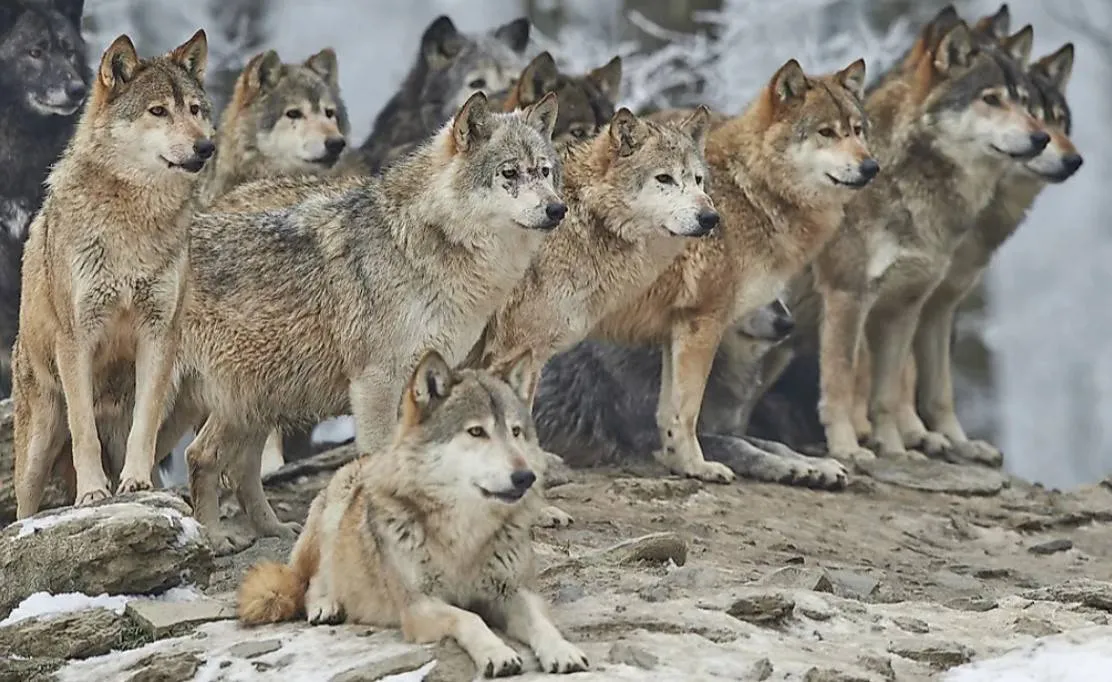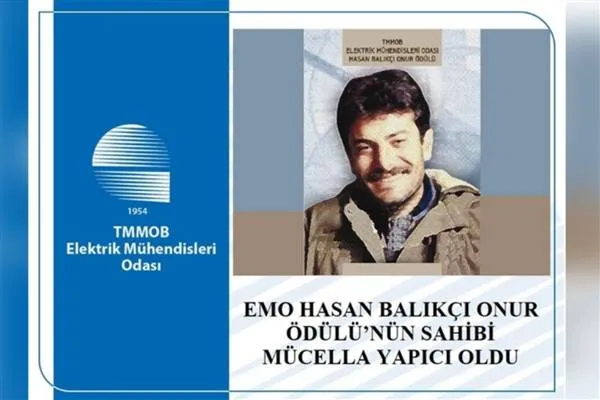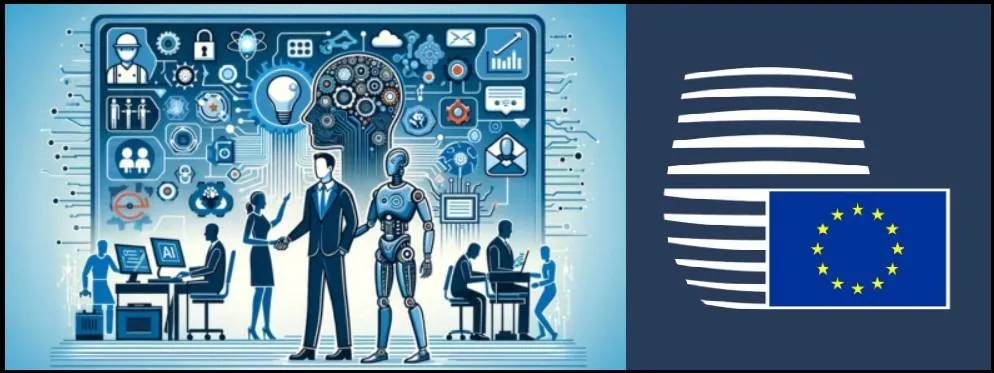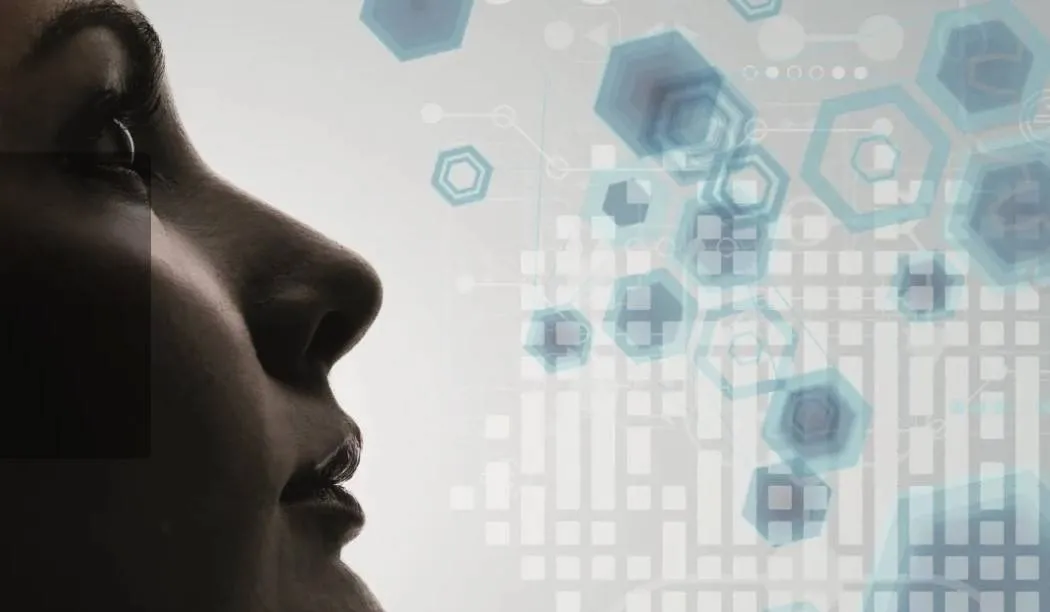As countries enact harsh laws, high-risk HIV groups face record-level criminalization
Stockholm, July 14 (Hibya) – UNAids, a joint effort of 11 UN agencies, warns that restrictions on LGBTQ+ rights and U.S. funding cuts could reverse decades of progress in the fight to end the AIDS epidemic.
According to UNAids, individuals at higher risk of HIV – such as gay men and drug users – are being criminalized at record levels globally.
For the first time since the UN HIV/AIDS program began reporting on punitive laws a decade ago, the number of countries criminalizing homosexual activity and gender expression has increased.
Last year, Mali passed a law criminalizing homosexuality and trans identity, in addition to a prior law banning "public indecency." The Court of Appeal in Trinidad and Tobago overturned a landmark 2018 ruling that had decriminalized consensual same-sex relationships, reinstating colonial-era prohibitions. Uganda’s 2023 Anti-Homosexuality Act intensified the ban, and Ghana followed with laws increasing penalties for same-sex relations.
UNAids said this crackdown on gay rights comes at a time when abrupt U.S. funding cuts have disrupted the HIV/AIDS response, compounded by “unprecedented” humanitarian crises and climate shocks, jeopardizing hopes of ending the pandemic this decade.
So-called “key populations” with higher HIV risk include sex workers, gay men and other men who have sex with men, people who inject drugs, transgender individuals, and those in prisons or closed settings.
The report notes that by 2025, only 8 of 193 countries will have decriminalized all these groups and behaviors, and not criminalized HIV status, exposure, or transmission nondisclosure.
According to UNAids’ annual report, 2024 marked the lowest number of people infected with HIV or dying from AIDS-related causes in over 30 years.
Usa News Agency
















